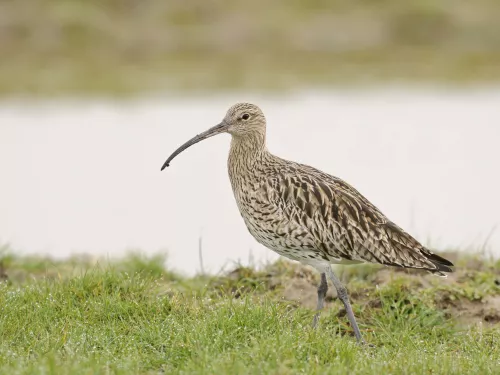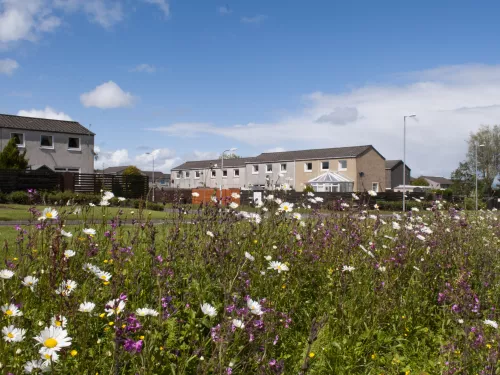Nature 2030
If we want to have 30% of land and seas protected for nature by 2030, the LNRS will be a key strategy to deliver that.
As the Nature 2030 report by Wildlife and Countryside Link identifies, we need:
- more incentives for landowners to effectively manage nature
- updated purposes, powers and funding for designated landscapes to do more for nature, so that they become beacons of biodiversity restoration
- new duties and purposes for public bodies to ensure they care for the land they own and manage for nature’s recovery and climate change mitigation
- and an expansion of public and community land ownership, where such purchases, followed by sustained management for nature, could deliver significant ecological improvements.
This is particularly important goal in Kent where much of land is being developed. People and nature can co-exist and we believe that by working with Kent County Council and other NGOs through the LNRS, we can find a way to expand and enhance or natural spaces whilst also creating more space for people to live.
It's vital that our councillors and MPs see the importance of this too and push for national legislation that will help achieve these goals and others that we outlined in our Nature 2030 blog.
You can help us achieve this by signing our petition and helping us reach our 80,000 target. Let's make sure the government know that we won't vote for them, if they won't vote for nature.
Sign the petition




